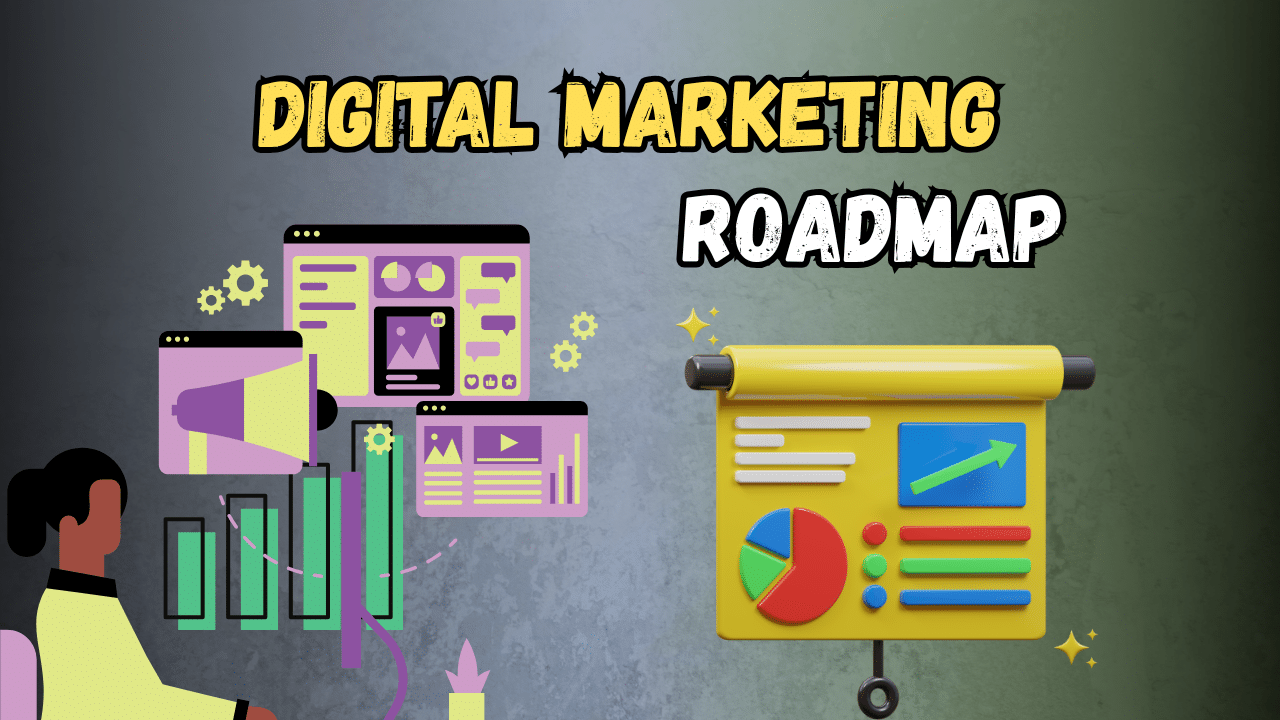Skills vs Degree in college: which is better?
In the rapidly changing work environment of today, having a degree is not sufficient. Employers are becoming more interested in on-the-job skills as well as academic qualifications. This report discusses how students can develop a solid set of skills while they are still in college so that they not only have a degree to their name but also employment-ready skills.

Section 1: Understanding the Skills vs Degree Debate
It has been decades that it was generally considered that a college degree is the key to a successful future. It was assumed that a university program would lead to a good-paying job. But as technology has revolutionized industries and automation replaced repetitive work, the career scene has dramatically changed.
Today, employers don’t just look at your CGPA or degree certificate , they’re hunting for candidates who can do things. Whether it’s coding, marketing, designing, content writing, or managing projects, the real-world ability to solve problems matters more than ever.
Let’s consider an example. A BTech Computer Science student might have cleared Data Structures with good grades. But if they haven’t contributed to any actual coding projects or don’t have GitHub contributions, they’ll be overtaken by someone who learned coding from online resources and developed actual apps even if that individual didn’t attend a top college.
That’s the crux of the “Degree vs Skills” debate. It’s not about college dropout. It’s about creating parallel value alongside your education, developing a profile that’s a mix of theoretical knowledge and practical application.
In addition, the advent of startup culture, freelancing, and remote work has brought talent to your doorstep. Regardless of whether you are in a Tier 1 city or a small town, you can acquire in-demand skills and gain international opportunities — if you do something about it.
Section 2: Selecting the Appropriate Skills Depending on Your Career Objectives and Interests
Selecting the proper skills is not about blindly following trends. It’s about recognizing what you’re passionate about and where the future of your industry lies. Your aim is to match your skills with your career aspirations — whether that’s getting a job, working on your own business, freelancing, or becoming a content creator.
If you’re in a technical stream such as CSE, you can try web development, app development, cloud computing, cybersecurity, or data science. If you’re in a non-tech stream such as BBA or BA, you can try digital marketing, graphic design, public speaking, business analytics, or content writing.
Suppose you are an engineering student interested in design. You can begin to learn UI/UX design using applications such as Figma and Adobe XD. Within a matter of weeks, you can start freelancing or doing portfolio projects.
Sites like Coursera, edX, YouTube, Skillshare, and Udemy provide world-class learning several times for free or very cheap rates. Do not wait until college to make them familiar to you. Take initiative. Learn proactively.
Also, think T-shaped skills: be broad across many things and deep in one or more. So, for example, if you’re a mechanical engineer, you may be into CAD, product design, and sustainable engineering, but go deep into SolidWorks or simulation design.
Aligning your skills to long-term career objectives — be it an MNC career, a startup, further studies, or your own venture — keeps you on track. Don’t study something because it’s popular. Study because it relates to where you want to be.
Section 3: How to Manage Time and Build Skills Alongside College
One of the greatest challenges for students is managing time. College courses, homework, tests, and social life already take up most of your time. So how do you fit skill development into the equation without burning out?
Begin small. Invest only 1 hour a day in concentrated skill development. Opt for your best time of day — either early morning or late night. One hour, applied regularly, is sufficient to master a new skill within 1–2 months.
Utilize weekends for intense projects. For example, if you are studying digital marketing, implement what you learn by launching a blog, developing an Instagram account, or conducting mock advertising campaigns.
Adhere to the Learn–Do–Share approach:
- Learn through courses or tutorials.
- Do by practicing and creating projects.
- Share your projects on LinkedIn or GitHub to gain feedback and exposure.
Create a skill calendar. Every month, learn one mini skill or sub-skill. For instance:
- January: HTML & CSS fundamentals
- February: JavaScript fundamentals
- March: Create 1 portfolio website
- April: Learn Git & GitHub
In parallel, keep track of college studies. Prioritize assignments during exam weeks. But outside of those windows, treat your skill development as seriously as a subject. Remember, the ROI from skills is often much higher than traditional grades alone.
Also, use the Pomodoro technique (25-minute focus sessions) to study efficiently. With the right tools and habits, even 10–12 hours a week can transform your skill portfolio.
Section 4: Building a Digital Skill Portfolio (Projects, GitHub, LinkedIn)
Learning a skill is only the first step. The real power lies in applying that skill — and showcasing it to the world. That’s where a digital skill portfolio becomes essential.
If you’re a developer or programmer, open up a GitHub profile and post every project, even if they are minor. Properly document them. Include README files and descriptions. As time passes, your GitHub is an indicator of how far you’ve come.
If you’re a designer or marketer, make a Notion-based portfolio or one of your own. Display your projects — be they actual client work, college work, or experiments on your own.
Each project you complete a landing page, social media marketing campaign, marketing case study, AI chatbot, data visualization ought to be documented. What was the challenge? What did you do? What were the outcomes?
Make LinkedIn your storytelling platform. Don’t simply list abilities like “Python” or “Video Editing.” Do write brief posts about your learning experiences. For instance:
“Built my first portfolio website in HTML and CSS! 3 weekends worth, but learned more by practicing than 3 months of theory.”
Such posts establish credibility. They make you seen by recruiters, mentors, and collaborators.
Also, take part in hackathons, open-source work, contests, and internships — even unpaid ones — to gain experience in the real world. Your skill portfolio will trump your resume over a period of time.
Section 5: Success Stories and the Path Forward After College
Dozens of real-life anecdotes illustrate that students who prioritize skills in college tend to get ahead — sometimes way ahead — of students who simply bank on a degree.
Consider Anjali, a B.Com student who studied social media marketing, developed her own fashion page to 10,000 followers, and currently operates marketing for three small businesses — all before college graduation.
Or Ravi, a civil engineering student who studied drone mapping and 3D visualization. By the time he graduated from college, he already had real estate visualization jobs as a freelancer.
Or Meena, a CSE student from a Tier-3 college, who created a personal website, worked on open source, and got a remote internship with a US-based startup — all by being skill-focused, not syllabus-focused.
This is the era of self-driven success. You have access to more resources, mentors, and tools than any previous generation. Use them. Build your parallel skill profile today — and thank yourself tomorrow.
What do all these students have in common? They took initiative. They started early. They didn’t wait for placement season to figure things out.
If you’re reading this, you’re already ahead. The next step is to commit to skill-building — even if it’s just for 30–60 minutes per day. Don’t aim for perfection. Aim for consistency.
After college, your degree will open a few doors. But your skills and projects will determine what’s inside those doors — whether it’s a high-paying job, a global opportunity, or your own entrepreneurial venture.
Personal portfolio building is a great thing for freshers – Check here







